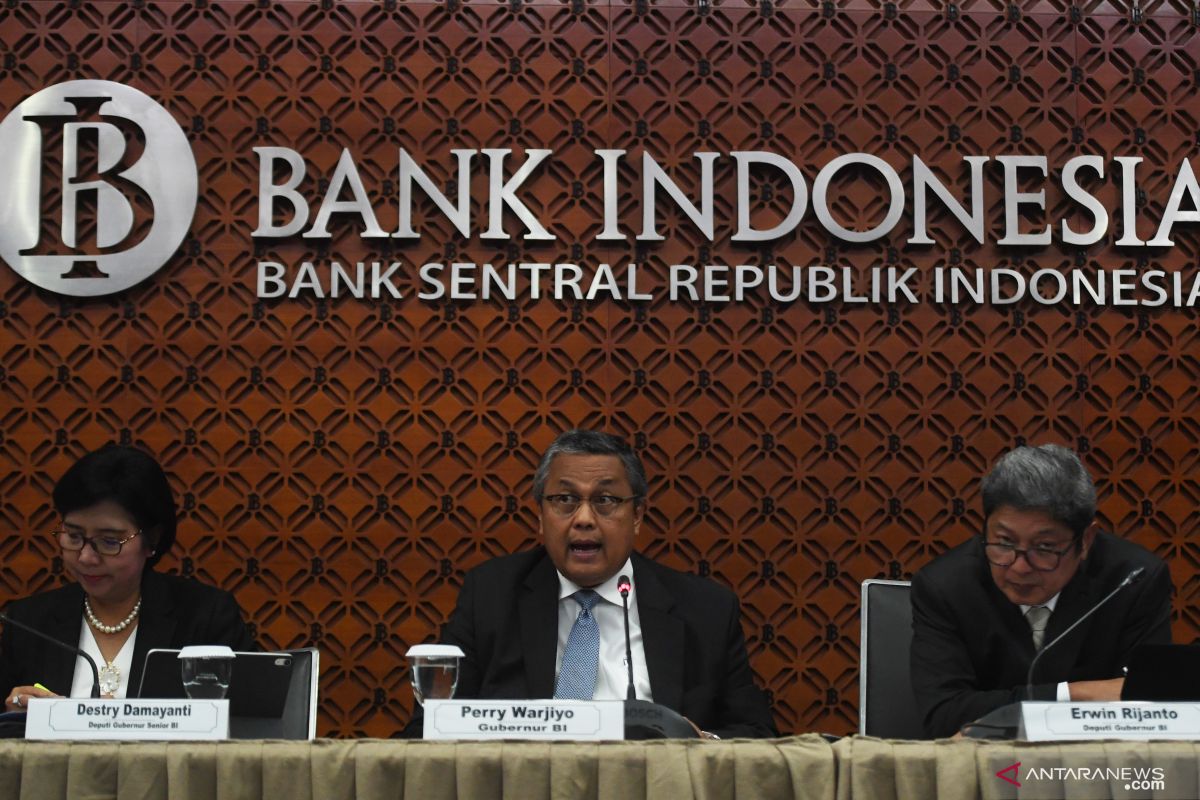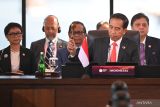The Deposit Facility (DF) rates were lowered 25 bps to four percent and Lending Facility (LF) rates were lowered 25 bps to 5.50 percent, Bank Indonesia Governor Perry Warjiyo said in Jakarta, Thursday.
Monetary policy remains accommodative and is consistent with controlled inflation in the target corridor, maintaining the external stability as well as pre-emptive measures to maintain domestic economic growth momentum in the face of a global economic recovery potentially restrained by the recent Covid-19 outbreak.
Furthermore, Bank Indonesia will continue to orient monetary operations towards maintaining adequate liquidity and supporting the transmission of an accommodative policy mix.
Meanwhile, Bank Indonesia will maintain an accommodative macro-prudential policy to stimulate economic financing with respect to the suboptimal financial cycle, while also adhering to prudential principles.
To that end, Bank Indonesia will adjust the calculation of the Macro-prudential Intermediation Ratio (MIR) by expanding the funding and financing purview for foreign bank branches towards further national economic advancement.
Also, Bank Indonesia will continue to strengthen the payment system policy towards fostering economic growth through the expansion of the QRIS (Quick Response Code Indonesian Standard) acceptance and electronification of the social aid program (bansos) disbursements and local government financial transactions.
Moving forward, Bank Indonesia will monitor global and domestic economic developments to fully utilize the room available to implement an accommodative policy mix to maintain controlled inflation and external stability as well as to support economic growth momentum.
Moreover, Bank Indonesia will continue to strengthen coordination with the government and other relevant authorities to maintain economic stability and catalyze domestic demand, while accelerating structural reforms and implementing efforts to mitigate the impact of Covid-19. (INE)










